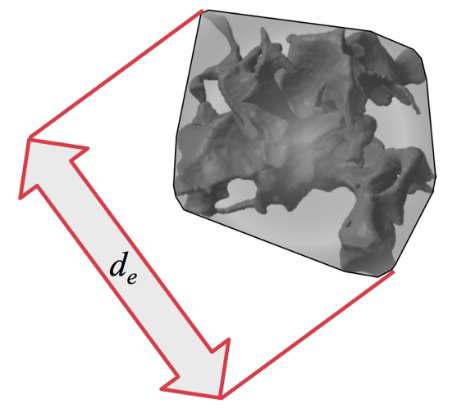Integration of Microporosity Prediction in Durable and Robust Component Designs of Highly Loaded Aluminum Castings
Cyclically loaded cast aluminum components continue to be subjected to strong pressure to increase power density, particularly through increased specific loads or by weight reduction. To achieve these goals, it is necessary to fully exploit the material-specific performance potential. At the same time, robust manufacturing processes require precise knowledge of the main influencing variables linking process parameters, component design, and component performance. A closed simulation chain and the systematic use of virtual test plans (DoE) promise the targeted development of components and optimized and robust production. This paper presents in detail one of the main influencing variables in the simulation chain, the relationship between the existing local porosity and the resulting defect size. In an integrated approach, the obtained information will be used to predict the local fatigue strength and combined with the residual stress state to predict the fatigue performance for an aluminum cylinder head. By validation component tests it can be shown that only this integrated approach allows a satisfactory failure prediction under cyclic loading.
When downloading the PDF, please leave your contact data (you will receive the download link by e-mail) and thus agree to the processing and storage of it by MAGMA casting technology GmbH in Aachen. It will not be passed on to third parties. For further information how we process your personal data, please follow this link Privacy Policy.
